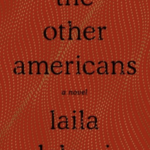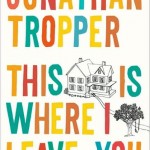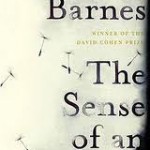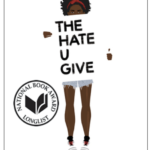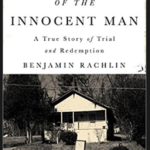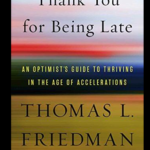The Goldfinch by Donna Tartt
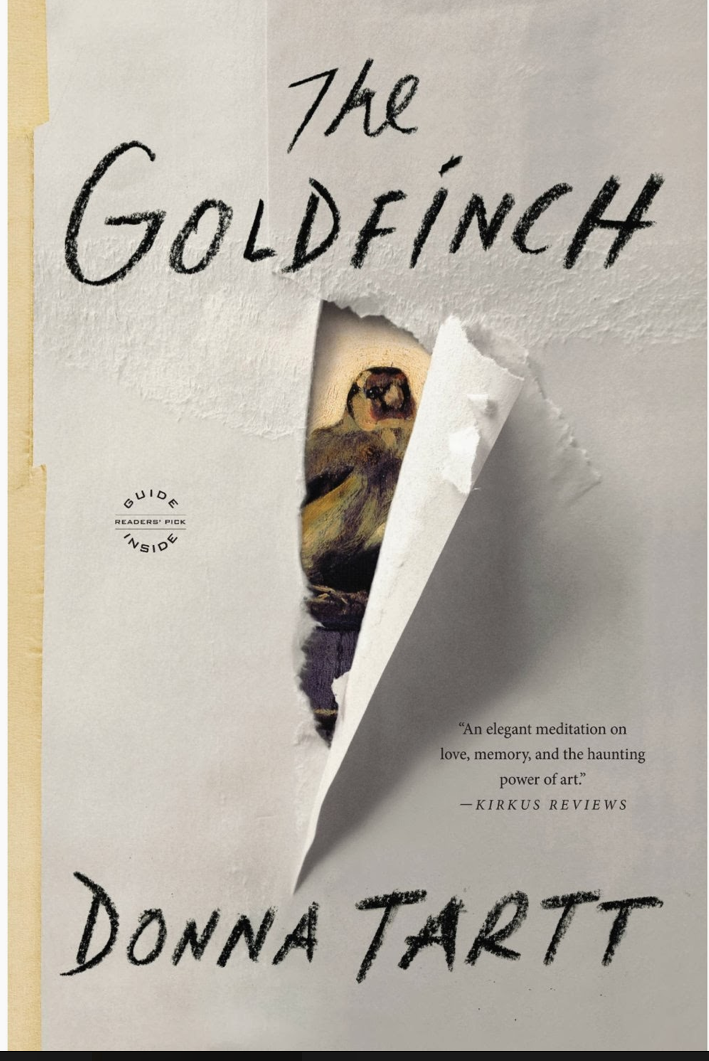 GOLDFINCH by Donna Tartt– I chose to read this book shortly after it emerged on the NY Times Best seller list and I read that people were overcrowding the Frick Museum in New York City where the Goldfinch painting by Carel Fairitus was being exhibited because it was the subject of this new popular book. For some reason that struck my fancy and I downloaded it on my iPod. Now having having completed the book, I read about the author and learned that she took 10 years between this and her last well received novel to complete this book. Also, the critics are comparing her style to Charles Dickens (who was never exactly my cup of tea). Having said this and feeling the book was definitely too long, I will give the author credit for an interesting plot and some good in-depth character development, which is always appealing to me. The novel is told in the first person which is an accepted literary mechanism but it seemed somewhat artificial to me when the writer in this case is describing exquisite details, memories, dialogue etc. that no one could possibly recall. The voice of this novel is Theo Decker. He is an early adolescent who is visiting a museum with his divorced mother when there is a tremendous bomb explosion. Young Theo finds himself alone in one part of the decimated museum with a dying old man who gives him his valuable ring and the painting (the novel namesake) which has survived the blast barely unscathed. His mother has died in the explosion and a wealthy Manhattan family of a school friend takes in Theo. Theo follows the directions of the dying old man from the museum and finds his relative, a kindly middle-aged man named Hobie. He gives him the ring and is taken under wing by him and taught all about furniture restoration which is his trade and profession. Throughout the book there are more details about furniture restoration than you would ever want to know. I am sure it is metaphoric or symbolic in some way, which I never understood. Theo meets Pippa, the granddaughter of the older man from the museum who is staying with Hobie while recovering from her injuries from the explosion. Theo had briefly seen her before the blast and was initially fascinated by her and subsequently develops a great love for her despite the fact that she is sent to school in another country and only periodically visits Hobie. Theo’s father then appears on the scene and takes him to live with him and his girlfriend in a run down area in Las Vegas. Theo all this time is hiding the famous painting as he tried to do throughout most of the book. Theo meets a young man with a Russian background by the name of Boris who becomes his closest friend and they spend high school years together. They will reunite later in the book. These two young men use a tremendous amount of drugs and alcohol throughout the book. We see the acute effects on them but for some reason, which didn’t make sense to me, we don’t see the deterioration and effects of large amounts of the substances, which they used. Theo and Boris have and thrilling adventure in Europe which has to do with the painting. As mentioned, all the characters with whom we spend time are consistent and well developed. The author obviously spent much time thinking about them and how to present them to us. She also is trying to share with us her philosophy of life. She not only demonstrates this in her storyline but also finds places in the novel to expound in great detail. No place is this more apparent than at the conclusion of the book where she goes on for what seems like numerous pages reviewing the lesson of life that Theo has learned. It didn’t work for me but remember I didn’t love Charles Dickens.
GOLDFINCH by Donna Tartt– I chose to read this book shortly after it emerged on the NY Times Best seller list and I read that people were overcrowding the Frick Museum in New York City where the Goldfinch painting by Carel Fairitus was being exhibited because it was the subject of this new popular book. For some reason that struck my fancy and I downloaded it on my iPod. Now having having completed the book, I read about the author and learned that she took 10 years between this and her last well received novel to complete this book. Also, the critics are comparing her style to Charles Dickens (who was never exactly my cup of tea). Having said this and feeling the book was definitely too long, I will give the author credit for an interesting plot and some good in-depth character development, which is always appealing to me. The novel is told in the first person which is an accepted literary mechanism but it seemed somewhat artificial to me when the writer in this case is describing exquisite details, memories, dialogue etc. that no one could possibly recall. The voice of this novel is Theo Decker. He is an early adolescent who is visiting a museum with his divorced mother when there is a tremendous bomb explosion. Young Theo finds himself alone in one part of the decimated museum with a dying old man who gives him his valuable ring and the painting (the novel namesake) which has survived the blast barely unscathed. His mother has died in the explosion and a wealthy Manhattan family of a school friend takes in Theo. Theo follows the directions of the dying old man from the museum and finds his relative, a kindly middle-aged man named Hobie. He gives him the ring and is taken under wing by him and taught all about furniture restoration which is his trade and profession. Throughout the book there are more details about furniture restoration than you would ever want to know. I am sure it is metaphoric or symbolic in some way, which I never understood. Theo meets Pippa, the granddaughter of the older man from the museum who is staying with Hobie while recovering from her injuries from the explosion. Theo had briefly seen her before the blast and was initially fascinated by her and subsequently develops a great love for her despite the fact that she is sent to school in another country and only periodically visits Hobie. Theo’s father then appears on the scene and takes him to live with him and his girlfriend in a run down area in Las Vegas. Theo all this time is hiding the famous painting as he tried to do throughout most of the book. Theo meets a young man with a Russian background by the name of Boris who becomes his closest friend and they spend high school years together. They will reunite later in the book. These two young men use a tremendous amount of drugs and alcohol throughout the book. We see the acute effects on them but for some reason, which didn’t make sense to me, we don’t see the deterioration and effects of large amounts of the substances, which they used. Theo and Boris have and thrilling adventure in Europe which has to do with the painting. As mentioned, all the characters with whom we spend time are consistent and well developed. The author obviously spent much time thinking about them and how to present them to us. She also is trying to share with us her philosophy of life. She not only demonstrates this in her storyline but also finds places in the novel to expound in great detail. No place is this more apparent than at the conclusion of the book where she goes on for what seems like numerous pages reviewing the lesson of life that Theo has learned. It didn’t work for me but remember I didn’t love Charles Dickens.

